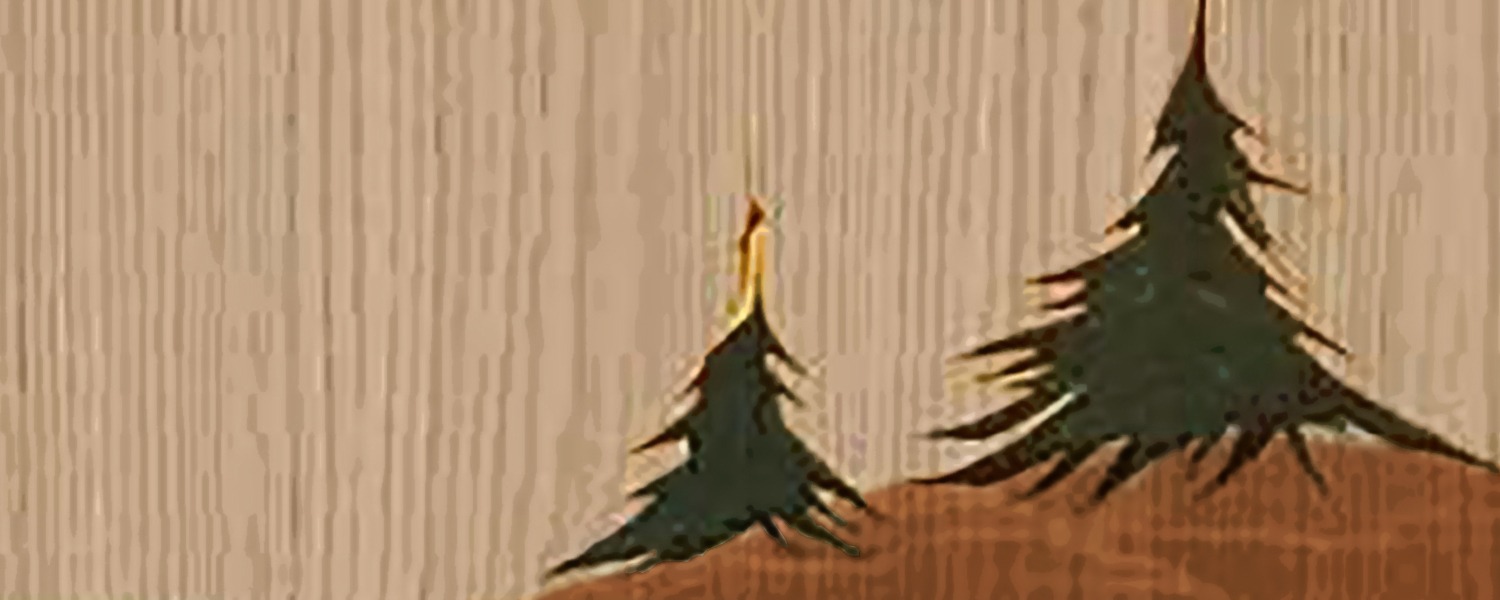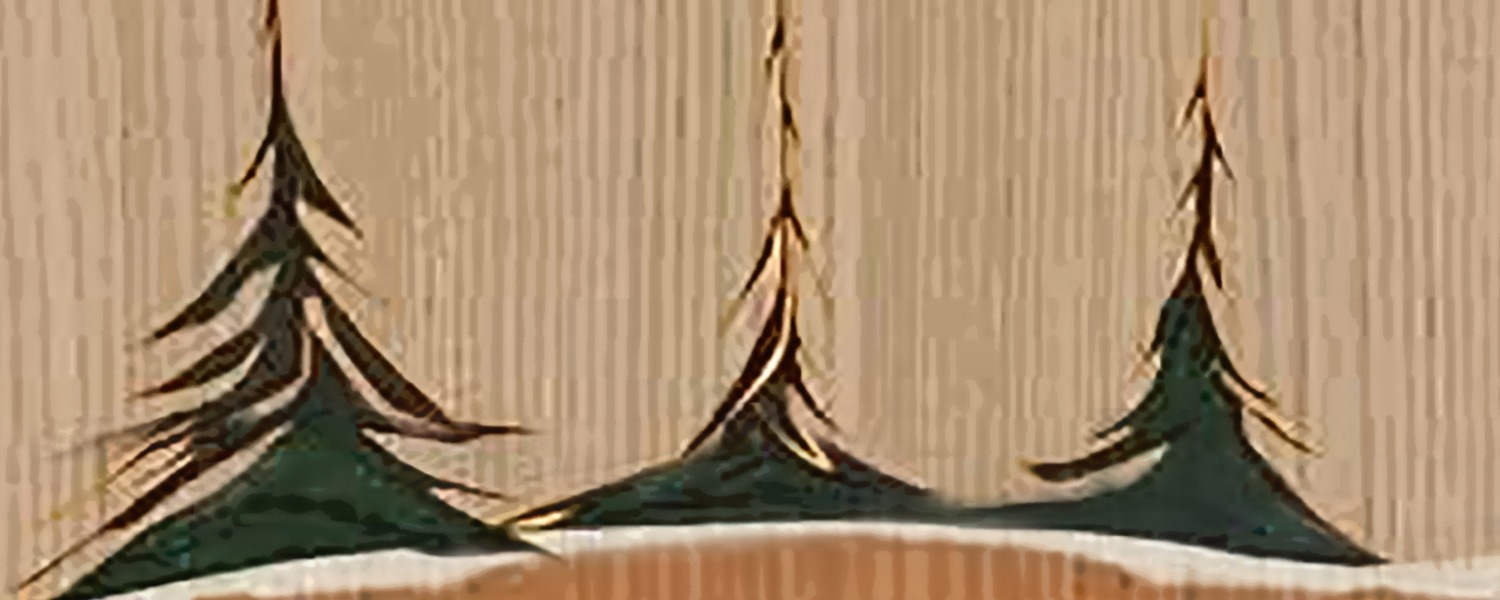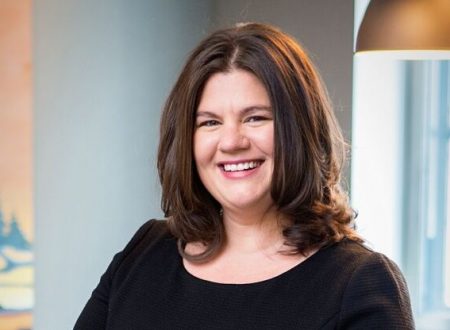After the T’kemlups te Secwepemc Nation discovered 215 bodies of dead First Nations children in unmarked graves on the grounds of a former residential school near its community, the nation reeled. People hung orange shirts, and dropped off tiny shoes on the steps of churches and Parliament. People marvelled at this “dark chapter”, and at how they didn’t know. People marched. People emoted on social media for days. The nation seemed shocked, and everyone said we wanted better.
Since then, other First Nations have undertaken the search, with many more planning to. At Kuper Island, 160. At Kootenay, 182. At Brandon, 104. Cowessess First Nation found 751 graves. Days later, the Prime Minister went there to celebrate signing a multi-million dollar deal to fund First Nation-controlled child welfare. He cried. We did too. An election came and went, and we all sort of stopped talking about the dead children the state says it was educating.
September 30 has long been Orange Shirt Day, a day where people wear orange shirts to honour residential school survivors, the living and the dead. The day is so named because Phyllis Webster, a Secwepemc woman, had her orange shirt taken from her on her first day of residential school in 1973. She continues to share her story with people, and it’s become a beacon. It’s also happens to be – by coincidence or not – Dr. Cindy Blackstock’s birthday. Dr. Blackstock has been and continues to be a tireless advocate for the rights of First Nations children to grow up safely at home.
In July, the Canadian government declared September 30 as the National Day for Truth and Reconciliation as a federal statutory holiday. Federal offices will be closed, as well as banks and First Nations. This implements a recommendation of the Truth and Reconciliation Commission. Some provinces have followed to make it a provincial and territorial holiday as well, but not Alberta, Saskatchewan, New Brunswick, or Ontario.
Despite Ontario’s refusal to declare the holiday, the three Chief Justices of the Ontario courts announced the courts would observe the day, saying only urgent matters would be heard. To us, this was leadership – something that every member of our profession in this province should take notice of.
From the rest of the legal community, we have heard about many smaller firms closing and organizing days of learning for their staff. The Law Society of Ontario only recently announced a closing. None of the large Bay Street firms have announced how they are observing the day, either, at least not Ontario. We are disappointed.
Why, you might ask. What does it possibly have to do with lawyers?
Here’s the short answer: Because we as lawyers have always been and continue to be a central part of the colonial project. Without fail, every action that dispossesses Indigenous peoples of their children, lands, cultures and identities to the material benefit of Canadians is done through the operation of the law. It was done in the past, and it is done in the present; it is done lawsuit by torturous lawsuit, through environmental assessments, through project approvals, through mergers and acquisitions, through legislation, through colonial child welfare practices. Your clients have the opportunities they have through the operation of these laws, and we as lawyers benefit.
Lawyers and law societies make much noise about equity diversity and inclusion: we make land acknowledgements, we have special programs to advance Indigenous lawyers, we do pro bono work. You might ask why isn’t that enough.
There are people who think this kind of holiday is performative – but if you can’t perform the bare minimum, then how can you expect to do the big work that we have been called upon to do, and that people acknowledge needs to be done? This is the opportunity. To acknowledge what many didn’t know, and to take time to correct that ignorance.
We call on lawyers and their firms to take a day to reflect, to stand with your colleagues, friends, and clients, for us all to think about where we are and our roles in the system. We all think of ourselves of leaders, and as upholders of a justice system that should make things right. Now’s the time to lead. Let’s all think about justice on September 30.
Maggie Wente wrote a prior version of this article with Sarah Clarke (of Clarke Child & Family Law).
This article was originally published by The Lawyer’s Daily (www.thelawyersdaily.ca), part of LexisNexis Canada Inc. The article is linked at the following site, https://www.thelawyersdaily.ca/articles/29998/flags-still-at-half-mast-but-have-we-stopped-noticing-maggie-wente-and-sarah-clarke?category=opinion
Related Posts

Ontario Chiefs Ratify $8.5 Billion Agreement to Reform First Nations Child and Family Services in Ontario
Thursday, February 27, 2025
On Wednesday, February 26th, 2025, Ontario Chiefs-in-Assembly ratified the Final Agreement on Long-Term Reform of the First Nations Child and Family…
Read More...
Federal Court Upholds CHRT Decisions re Compensation and Jordan's Principle Eligibility
Today the Federal Court released its decision (linked here) of Canada’s judicial review of the Canadian Human Rights Tribunal “Tribunal”) decisions regarding First Nations children in the child welfare…
Read More...
Another big win for First Nations kids at the Canadian Human Rights Tribunal
This morning, the Canadian Human Rights Tribunal released its latest decision in First Nations Child and Family Caring Society. The decision was a big victory for First…
Read More...

